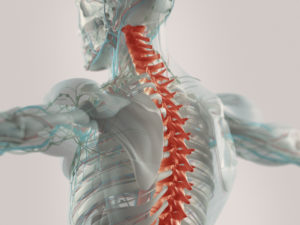The Virginia Supreme Court on Sept. 17, 2015, handed down a decision that has the potential to make it easier for all plaintiffs in personal injury and wrongful death lawsuits to collect on insurance claims. The case stemmed from an incident in which two drunk drivers caused a multivehicle crash in a highway work zone and two of the construction trucks actually caused the injuries that claimed the victim’s life.
Here’s how the Roanoke Times describes the 2008 accident near Tanglewood Mall in Roanoke, VA: “The night of his death, [the victim] was working with another man to lay asphalt. Nininger’s car hit first, striking the front-end loader the other man was operating and spinning it around and into the dump truck [the victim] was operating. Then, Dupree’s car crashed into the site.”
The man who died was actually outside the dump truck at the time and got crushed between it and the front-end loader. The two drivers had been kicked out of a bar earlier, and each was subsequently convicted of aggravated vehicular manslaughter and DUI.
In related civil wrongful death lawsuits, jurors awarded a total of $5 million in compensation and damages to the deceased highway construction worker’s surviving sons. Unable to recover that amount from the at-fault drunk drivers, the plaintiffs petitioned for coverage under the uninsured/underinsured motorist insurance provisions of the policies on the construction vehicles. Those requests were rejected at trial but recognized as valid by a majority of the Virginia Supreme Court justices.
The issue is far from fully resolved, however. The high court ruling merely returns the case to the trial level, where county court hearing will be needed to determine how much the insurers for the construction vehicles should pay and whether the plaintiffs can collect on a separate claim against their deceased father’s own car insurance.
The real question answered in Bratton v. Selective Insurance Co. is whether standing near a vehicle involved in a traffic can be interpreted as having just exited the vehicle or to have been using it in some significant way. This matters because insurance policies on vehicles often stipulate that injuries and deaths can only be compensable if the victim was in, exiting or using the vehicle. Gaining latitude in interpreting such provisions can only benefit victims of crashes.
EJL









Comments for this article are closed.